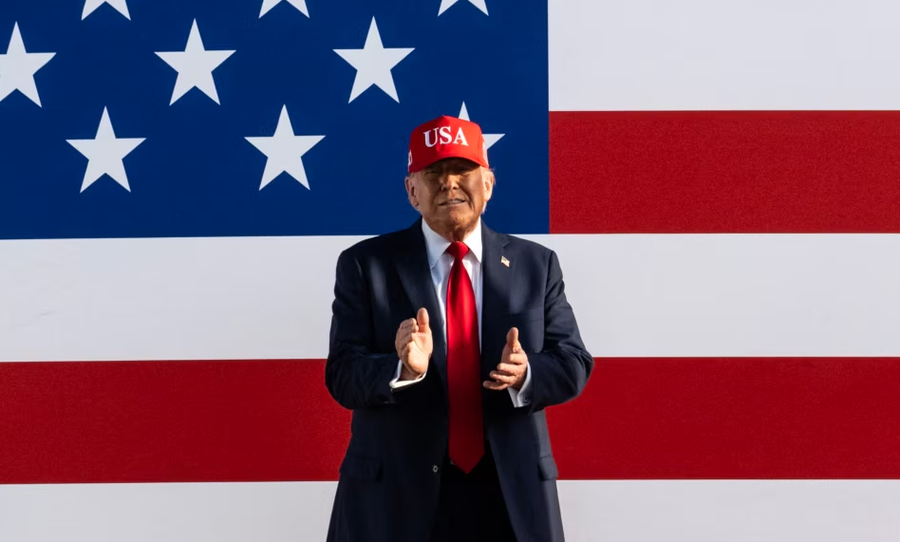
US President Donald Trump warned of tariffs of 35 percent on imports from Serbia and 30 percent on imports from Bosnia and Herzegovina.
The new tariffs for the two Western Balkan countries, as well as those for a number of other countries, will come into effect on August 1.
They are lower than what Trump warned in April - 37% for goods from Serbia and 35% for those from Bosnia and Herzegovina.
However, the implementation of the latter was postponed for 90 days.
Trump warned of the new tariffs in letters addressed to the countries' leaders - in the case of Serbia, to President Aleksandar Vučić, and in the case of Bosnia and Herzegovina to the current head of the presidency, Željka Cvijanović.
These letters are the same, except for differences in customs rates that are imposed on each country separately.
Trump's letter begins by saying that it is a "great honor" for him to send a letter, which demonstrates the importance and commitment of the US to trade relations with that country.
He adds that the US has agreed to continue trade cooperation with the country in question, despite the "significant trade deficit" that the US has with it.
According to him, the declared tariff rate - 30 percent for Bosnia and Herzegovina and 35 percent for Serbia - is much lower than what is needed to eliminate imbalances and the trade deficit.
Trump also threatens to increase tariffs if countries retaliate, imposing additional tariffs on US imports.
Trump announced on Monday on his social network, Truth Social, the imposition of new customs tariffs on a number of countries.
Tariffs of 25% are foreseen for Japan, South Korea, Malaysia and Kazakhstan; 30% for South Africa; 32% for Indonesia; 35% for Bangladesh; 36% for Cambodia and Thailand, and 40% for Laos and Myanmar.
In early April, Trump imposed a 10% tariff on imports from Kosovo.
Similar measures were also imposed at that time for imports from Albania, while for those from Serbia it was 37%, from Bosnia and Herzegovina 35% and from North Macedonia 33%.
Experts estimated that American tariffs will have a major impact on Kosovo, due to its heavy dependence on imports.
Kosovo President Vjosa Osmani said at the time that her office had prepared a law that would allow for the removal of 10% tariffs on goods imported from the US, but that a new Parliament must first be constituted for the approval of this measure.
Kosovo has not yet constituted a legislative institution, even though parliamentary elections were held five months ago./ REL (A2 Televizion)











